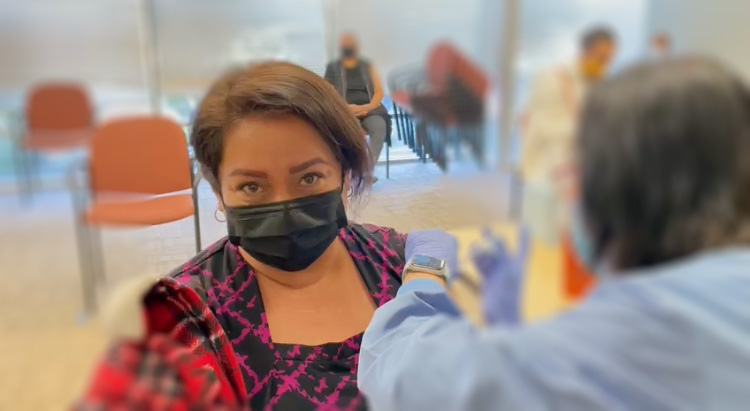Pamela Cruz. Peninsula 360 Press [P360P].

For most developing countries, widespread vaccination coverage against COVID-19 will not be achieved until before 2030, because most developing countries will depend on COVAX - a World Health Organization-led initiative that aims to secure 6 billion doses of vaccine for the poorest countries.
Vaccine supplies for COVAX may be slow to arrive, especially if delays in production and delivery to richer countries push delivery dates for poorer countries to two years from now "if at all," according to a study by The Economist Intelligence Unit.
The first two billion doses for developing and poor countries are planned to be delivered in 2021, mainly to health care workers - COVAX doses will cover only up to 20 percent of the population in each country - and the first two billion doses for developing and poor countries are planned to be delivered in 2021.
The document states that in early 2021, three vaccines, from Pfizer ?US? USA? -BioNTech (Germany), Moderna (USA) and AstraZeneca-Oxford University (UK), will be launched on a large scale in the US. Moderna (USA) and AstraZeneca-Oxford University (UK), will be launched on a large scale in developed countries.
Meanwhile, Chinese and Russian vaccines are being deployed both domestically and to emerging countries such as Egypt through bilateral diplomatic agreements.
This, he said, will encourage so-called "vaccine diplomacy," with Russia and China seeking to bolster their global status by delivering immunizations this year and beyond.
Thus, countries at the top of the list, including the United Kingdom, the United States and most European Union countries, are expected to have immunized their priority groups by the end of March, while other wealthy countries will catch up by the end of June.
Analysts said they were hopeful that the global economic outlook would improve from mid-2021 onwards, with the global economic rebound accelerating in the third and fourth quarters.
However, they said, "life will not return to normal by then, as immunization programs for most of the population will continue until mid-2022.
Among middle-income countries, they explained, Russia, which has developed its own vaccines, could be on a similar schedule to wealthier economies, with mass immunization completed by mid-2022.
Other middle-income countries, including Mexico and Brazil, have been promised supplies in exchange for conducting clinical trials or manufacturing housing, actions that should give them early access to doses for priority groups, although their ability to achieve mass vaccination will depend on other factors, including fiscal space, population size, number of health workers, infrastructure and political will, they said.
China and India represent special cases; "both countries have developed their own vaccines and are moving ahead with implementation plans, but their large population sizes mean that mass immunization programs will be extended until the end of 2022."
The Economist Intelligence Unit said that the criteria taken into account in reaching these conclusions were supply arrangements, production constraints, vaccine hesitancy, population size and availability of health workers.
Analysts also adjusted the data to reflect specific conditions on the ground.
"The contrast between rich and poorer countries is stark. Most developing countries will not have widespread access to vaccines before 2023 at the earliest. Some of these countries, particularly the poorest with a young demographic profile, may lose the motivation to deliver vaccines, especially if the disease has spread widely or if the associated costs prove too high," explained Agathe Demarais, director of Global Forecasting at The Economist Intelligence Unit.
He added that vaccine diplomacy will also be an important trend to watch, as both Russia and China seek to take a transactional approach to vaccine delivery, "using coronavirus injections as a bargaining chip to advance interests.
Finally, Demarais pointed out that vaccines against many diseases, such as polio and tuberculosis, have been available for decades. However, many people in the poorest countries are still unable to access them.
"What was called a 'new coronavirus' just a year ago will be with us for the long term, along with many other diseases that have shaped life over the centuries," he said.



Now it is perfect time to create a few plans for the longer term and it is the moment to take a break. I have read this publish and if I may I wish to suggest you few interesting issues or advice. Maybe you can publish subsequent articles relating to this article. I hope to study more things about it!